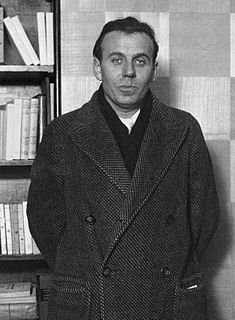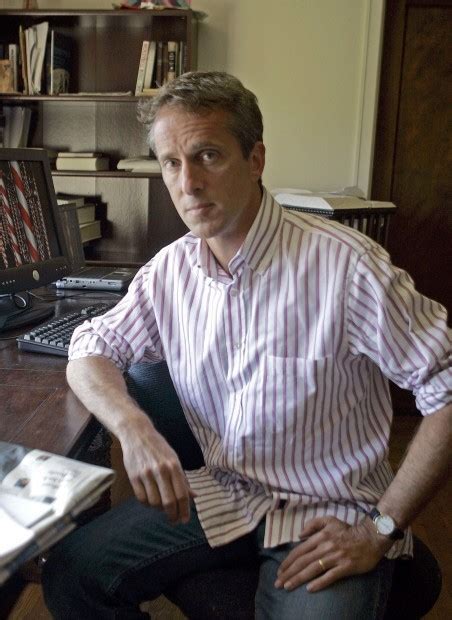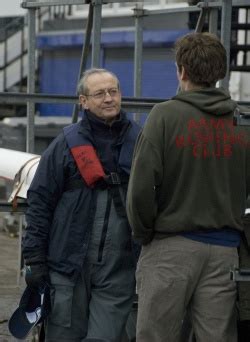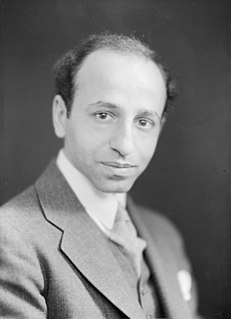A Quote by Louis-Ferdinand Celine
The best way to make a sort of peace, a fragile armistice to be sure, but precious all the same, with men, officers or not, is to let them bask and wallow in childish self-glorification. There’s no such thing as intelligent vanity. It’s an instinct. And you’ll never find a man who is not first and formenost vain. The role of admiring doormat is about the only one that one man is glad to tolerate in another. With these soldiers I had no need to tax my imagination.
Quote Topics
Related Quotes
When men evaluate each other as men, they still look for the same virtues that they'd need to keep the perimeter. Men respond to and admire the qualities that would make men useful and dependable in an emergency. Men have always had a role apart, and they still judge one another according to the demands of that role as a guardian in a gang struggling for survival against encroaching doom. Everything that is specifically about being a man-not merely a person-has to do with that role.
I feel this way about it. World trade means world peace and consequently the World Trade Center buildings in New York ... had a bigger purpose than just to provide room for tenants. The World Trade Center is a living symbol of man's dedication to world peace ... beyond the compelling need to make this a monument to world peace, the World Trade Center should, because of its importance, become a representation of man's belief in humanity, his need for individual dignity, his beliefs in the cooperation of men, and through cooperation, his ability to find greatness.
Surely what a man does when he is taken off guard is the best evidence for what sort of man he is. If there are rats in a cellar, you are most likely to see them if you go in very suddenly. But the suddenness does not create the rats; it only prevents them from hiding. In the same way the suddenness of the provocation does not make me ill tempered; it only shows me what an ill-tempered man I am.
But there's the rub. The present can never deliver one thing: meaning. The way of happiness and meaning are not the same. To find happiness, a man need only live in the moment; he need only live for the moment. But if he wants meaning--the meaning of his dreams, his secrets, his life--a man must reinhabit his past, however dark, and live for the future, however uncertain. Thus nature dangles happiness and meaning before us all, insisting only that we choose between them.
I watched them carefully, as always, searching for a sign of mental weakness. But there was none. Every man was coping well with the hardship, each one of them locked into his task. But it is one thing to practice, and quite another to race. And the trouble is, you never know who, on the day, will find it within his soul to give more than he has ever given before. It takes a kind of madness to compete like that, because of the will power and the ego, and his loyalty. And while some men have it, others have yet to find it. And a coach can only use his best judgement as to who those men will be.
The tenets of [the Christian life] seem paradoxes to carnal men; as first, that a Christian is the only freeman, and other men are slaves; that he is the only rich man, though never so poor in the world; that he is the only beautiful man, though outwardly never so deformed; that he is the only happy man in the midst of all his miseries.
When I have a difficult subject before me - when I find the road narrow, and can see no other way of teaching a well established truth except by pleasing one intelligent man and displeasing ten thousand fools - I prefer to address myself to the one man, and to take no notice whatever of the condemnation of the multitude; I prefer to extricate that intelligent man from his embarrassment and show him the cause of his perplexity, so that he may attain perfection and be at peace.






































